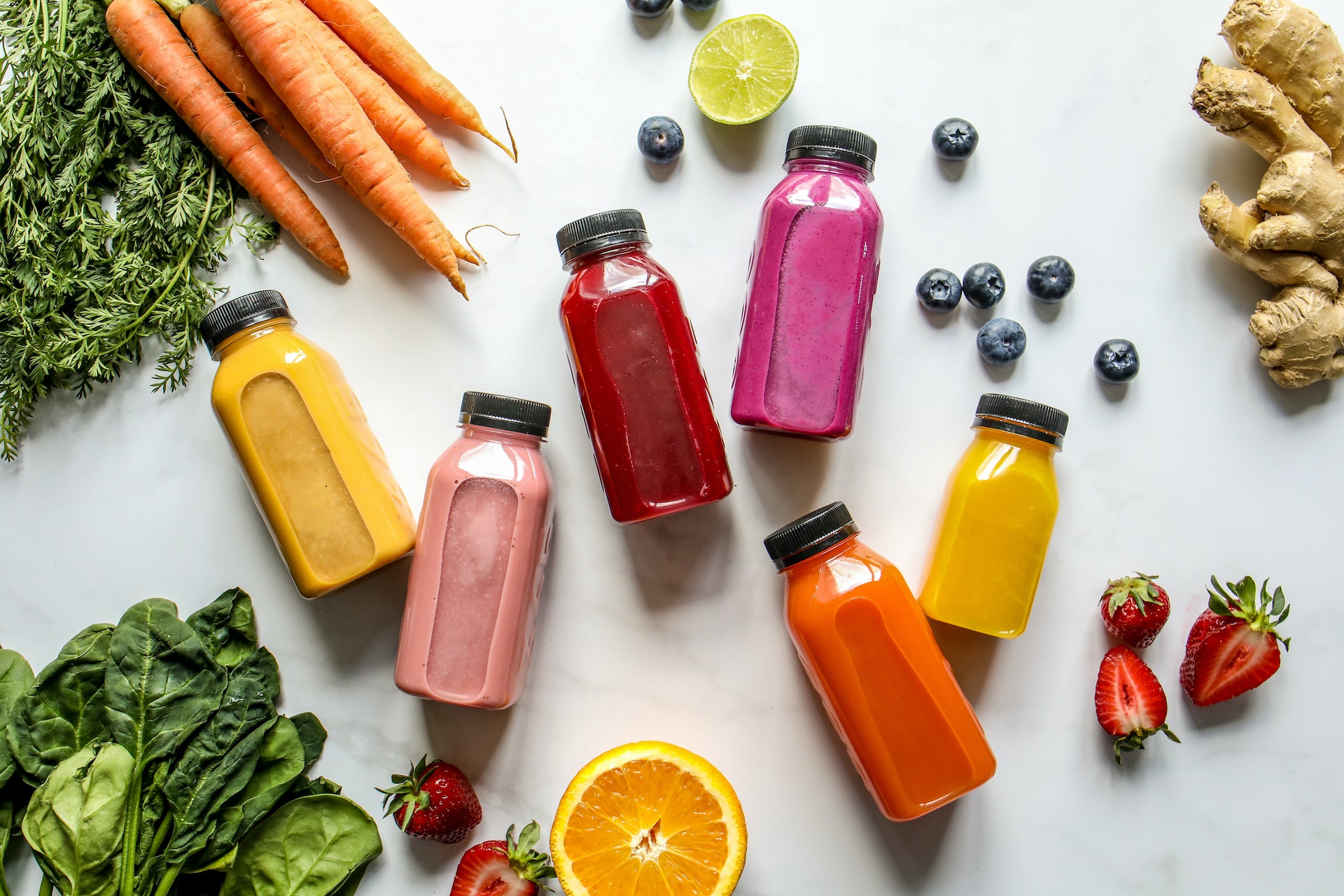Juicing Is Supplemental To A Proper Diet
the reality is that juicing is not a sustainable or healthy diet
3/4/2023

Juicing has become a popular trend for people who are looking to improve their health, lose weight, or detoxify their body. However, the reality is that juicing is not a sustainable or healthy way to achieve these goals. Juicing involves extracting the juice from fruits and vegetables, leaving behind the fiber and other nutrients that are important for good health. While juicing can be a good way to supplement a healthy diet, it should not be used as a substitute for real, whole foods. In this article, we will explore why juicing should be used as a cleanse rather than a proper diet.
What is juicing?
Juicing is the process of extracting the juice from fruits and vegetables using a juicer or blender. The juice is then consumed as a drink, often as a replacement for a meal or as a supplement to a healthy diet. While juicing can provide a quick and easy way to consume a large amount of fruits and vegetables, it is not a complete substitute for whole foods.
Why juicing should be used as a cleanse:
- Juicing does not provide enough fiber:
When fruits and vegetables are juiced, the fiber is removed. Fiber is an important nutrient that helps to keep our digestive system healthy, regulates blood sugar levels, and promotes a feeling of fullness. Without fiber, the body can experience digestive issues, such as constipation, and may not feel satisfied after drinking juice, leading to overeating.
Introduction:
Juicing has become a popular trend for people who are looking to improve their health, lose weight, or detoxify their body. However, the reality is that juicing is not a sustainable or healthy way to achieve these goals. Juicing involves extracting the juice from fruits and vegetables, leaving behind the fiber and other nutrients that are important for good health. While juicing can be a good way to supplement a healthy diet, it should not be used as a substitute for real, whole foods. In this article, we will explore why juicing should be used as a cleanse rather than a proper diet.
What is juicing?
Juicing is the process of extracting the juice from fruits and vegetables using a juicer or blender. The juice is then consumed as a drink, often as a replacement for a meal or as a supplement to a healthy diet. While juicing can provide a quick and easy way to consume a large amount of fruits and vegetables, it is not a complete substitute for whole foods.
Why juicing should be used as a cleanse:
- Juicing does not provide enough fiber:
When fruits and vegetables are juiced, the fiber is removed. Fiber is an important nutrient that helps to keep our digestive system healthy, regulates blood sugar levels, and promotes a feeling of fullness. Without fiber, the body can experience digestive issues, such as constipation, and may not feel satisfied after drinking juice, leading to overeating.
- Juicing does not provide enough protein:
Protein is an essential nutrient that is necessary for the growth and repair of tissues in the body. While fruits and vegetables contain some protein, it is not enough to meet the body's daily requirements. Without enough protein, the body may experience muscle loss, weakness, and fatigue.
- Juicing does not provide enough healthy fats:
Healthy fats are essential for the body to function properly. They help to maintain healthy skin and hair, regulate hormone levels, and support the immune system. While some fruits and vegetables contain healthy fats, they are not enough to meet the body's daily requirements. Without enough healthy fats, the body may experience dry skin, brittle hair and nails, and an increased risk of infection.
- Juicing can be high in sugar:
While fruits and vegetables are healthy sources of natural sugar, consuming too much sugar can lead to weight gain, inflammation, and other health issues. When fruits and vegetables are juiced, the sugar content is concentrated, leading to a higher amount of sugar per serving.
- Juicing can be low in calories:
While some people may see low-calorie intake as a benefit of juicing, consuming too few calories can lead to muscle loss, fatigue, and other health issues. When the body does not receive enough calories, it will begin to break down muscle tissue for energy, leading to a loss of muscle mass and a slower metabolism.
Why juicing should not be used as a proper diet:
- Juicing is not sustainable:
While juicing can provide a quick and easy way to consume a large amount of fruits and vegetables, it is not a sustainable way to eat. Juicing requires a lot of preparation and clean-up, and can be expensive if done regularly. Additionally, drinking juice as a meal replacement may lead to feelings of deprivation and lead to binge eating later on.
- Juicing can lead to nutrient deficiencies:
While fruits and vegetables contain many important nutrients, they are not a complete source of all the nutrients that the body needs. Consuming only juice for an extended period of time can lead to nutrient deficiencies, which can have serious health consequences.
- Juicing can lead to overconsumption of certain nutrients:
While juicing can provide a concentrated source of certain nutrients, such as vitamins and minerals, it can also lead to overconsumption which deters from its overall benefits if used as a regimen and not as a supplement to a healthy diet.






